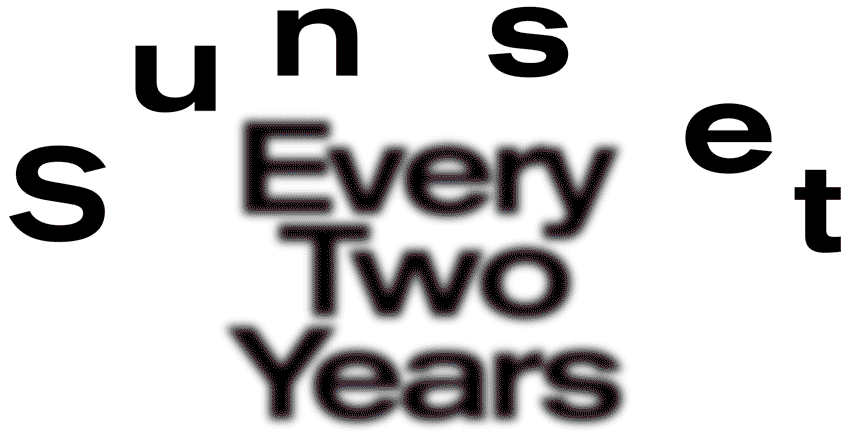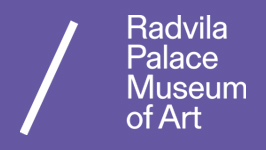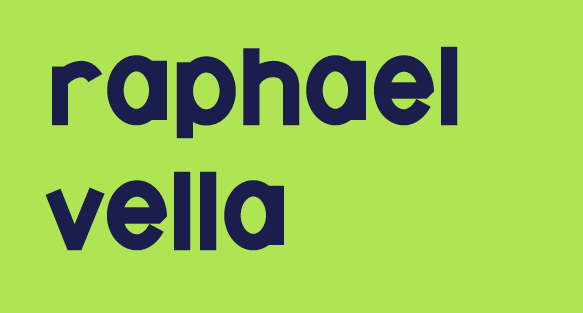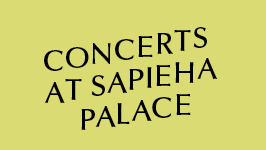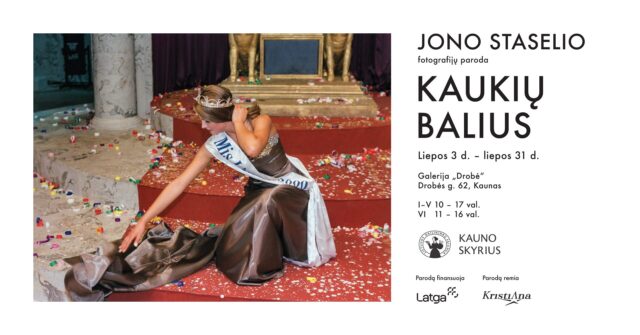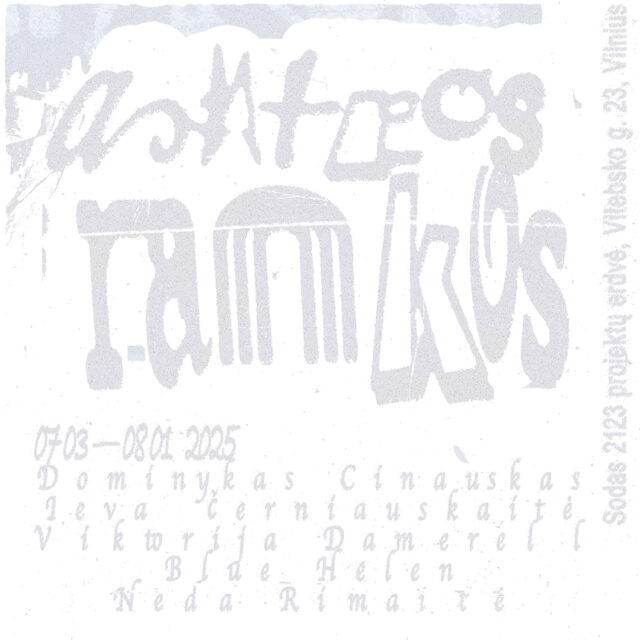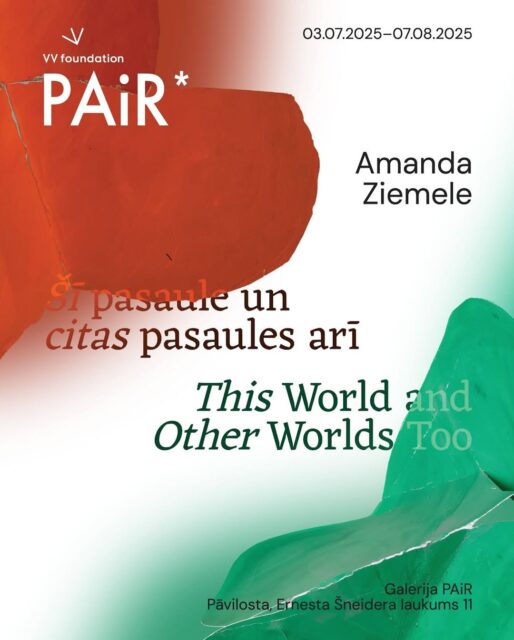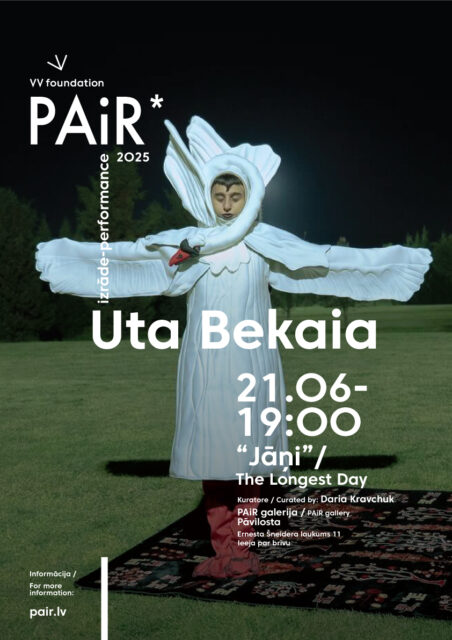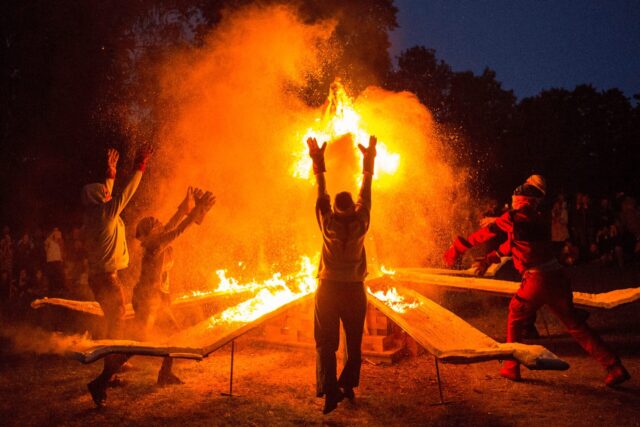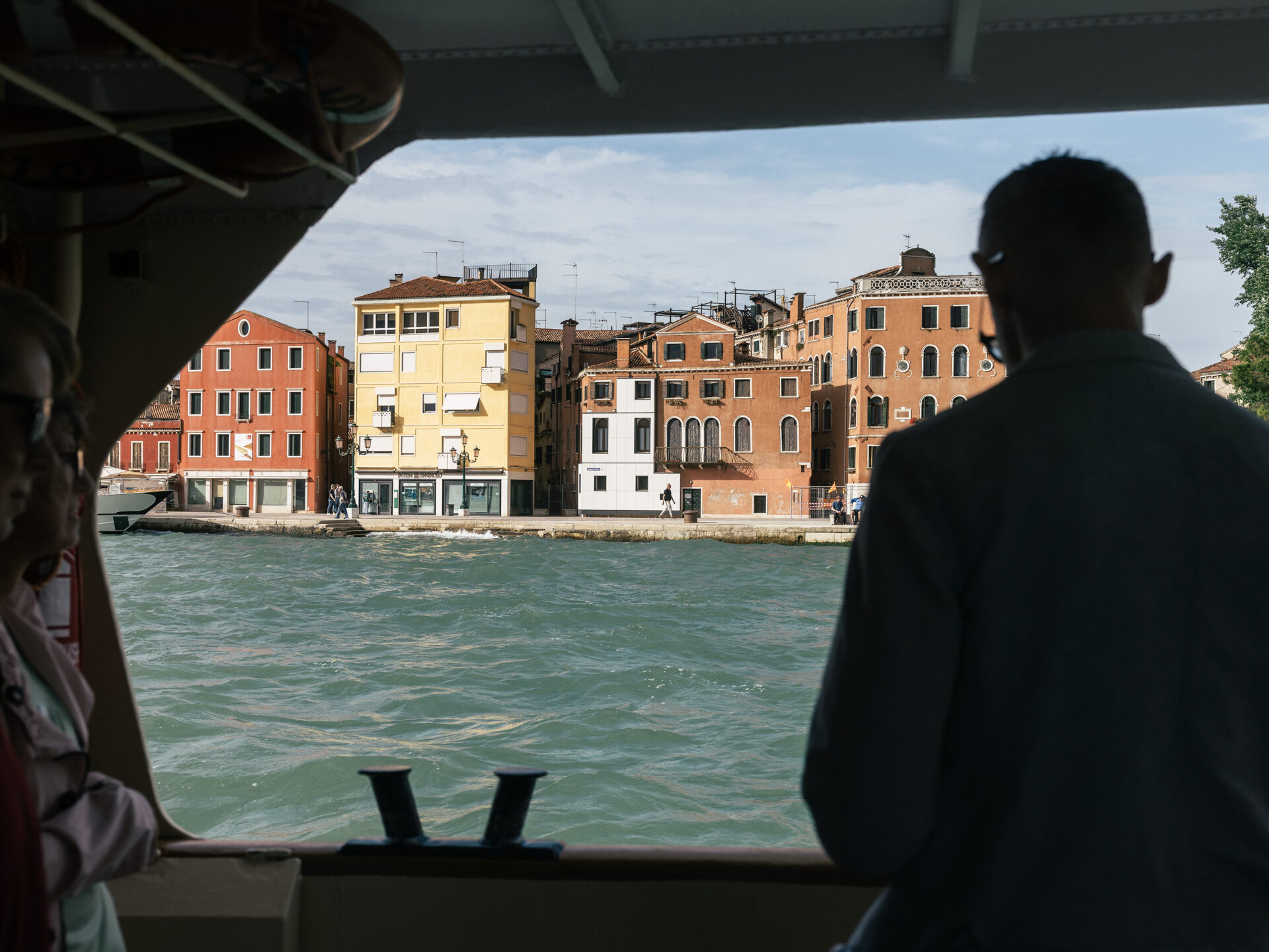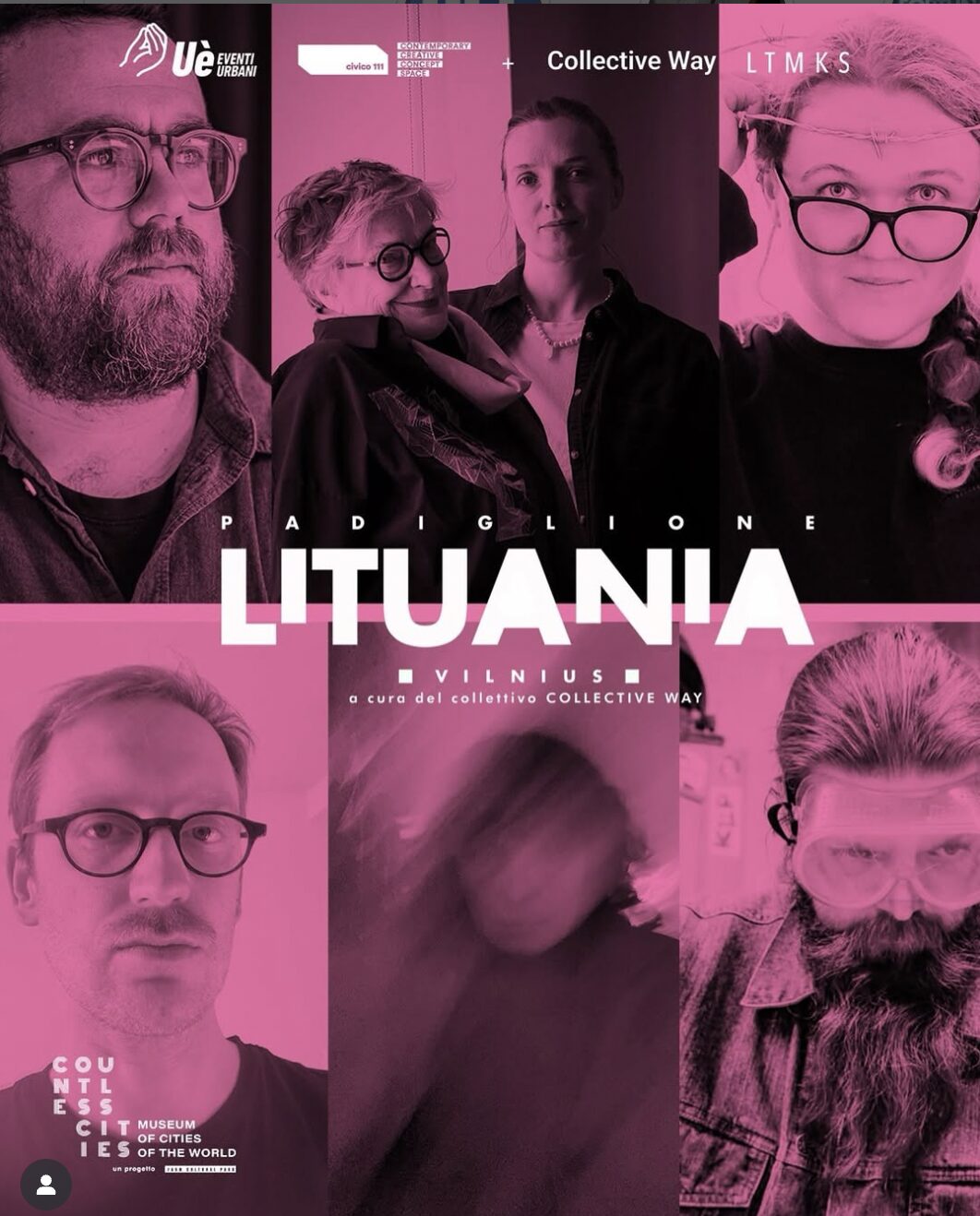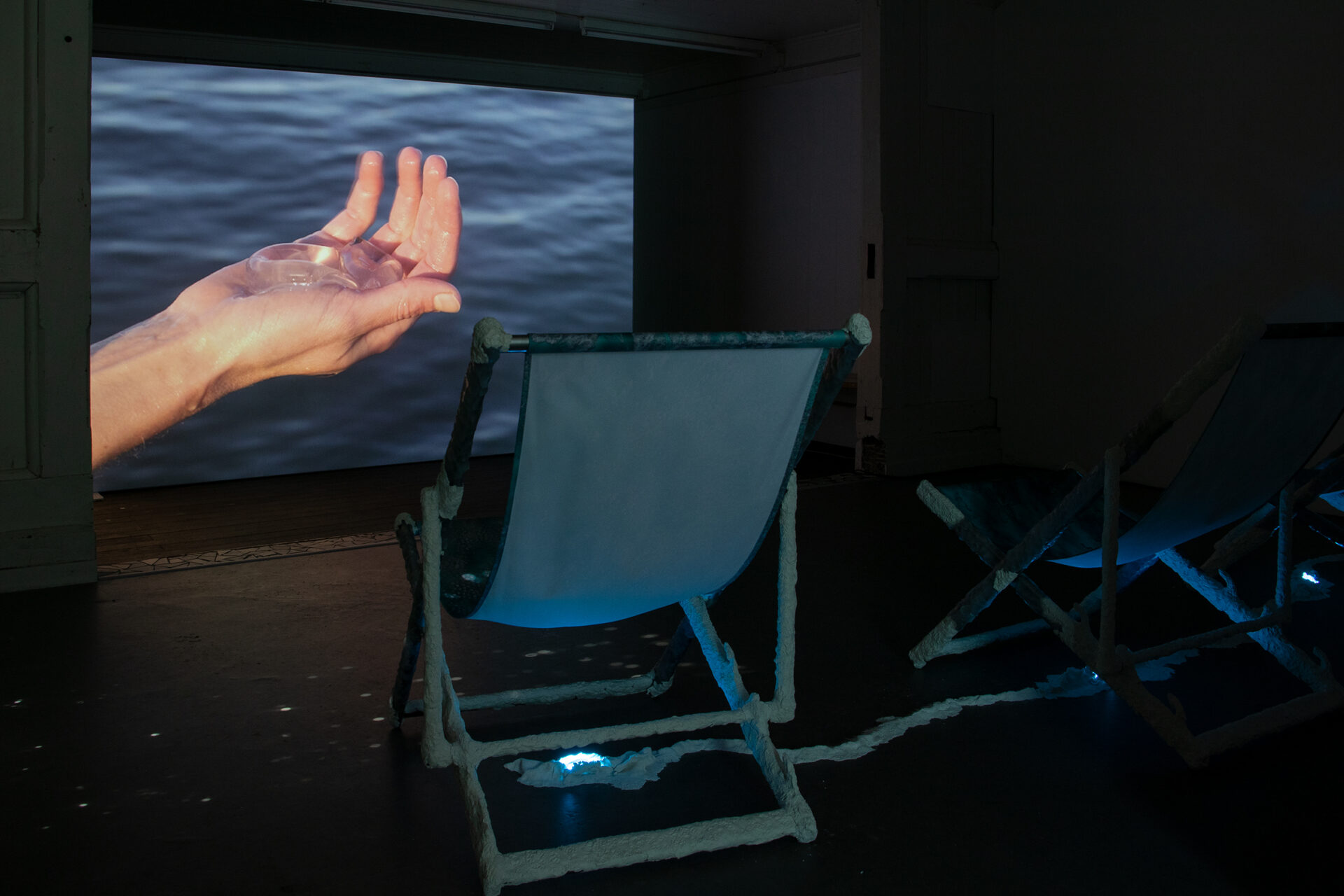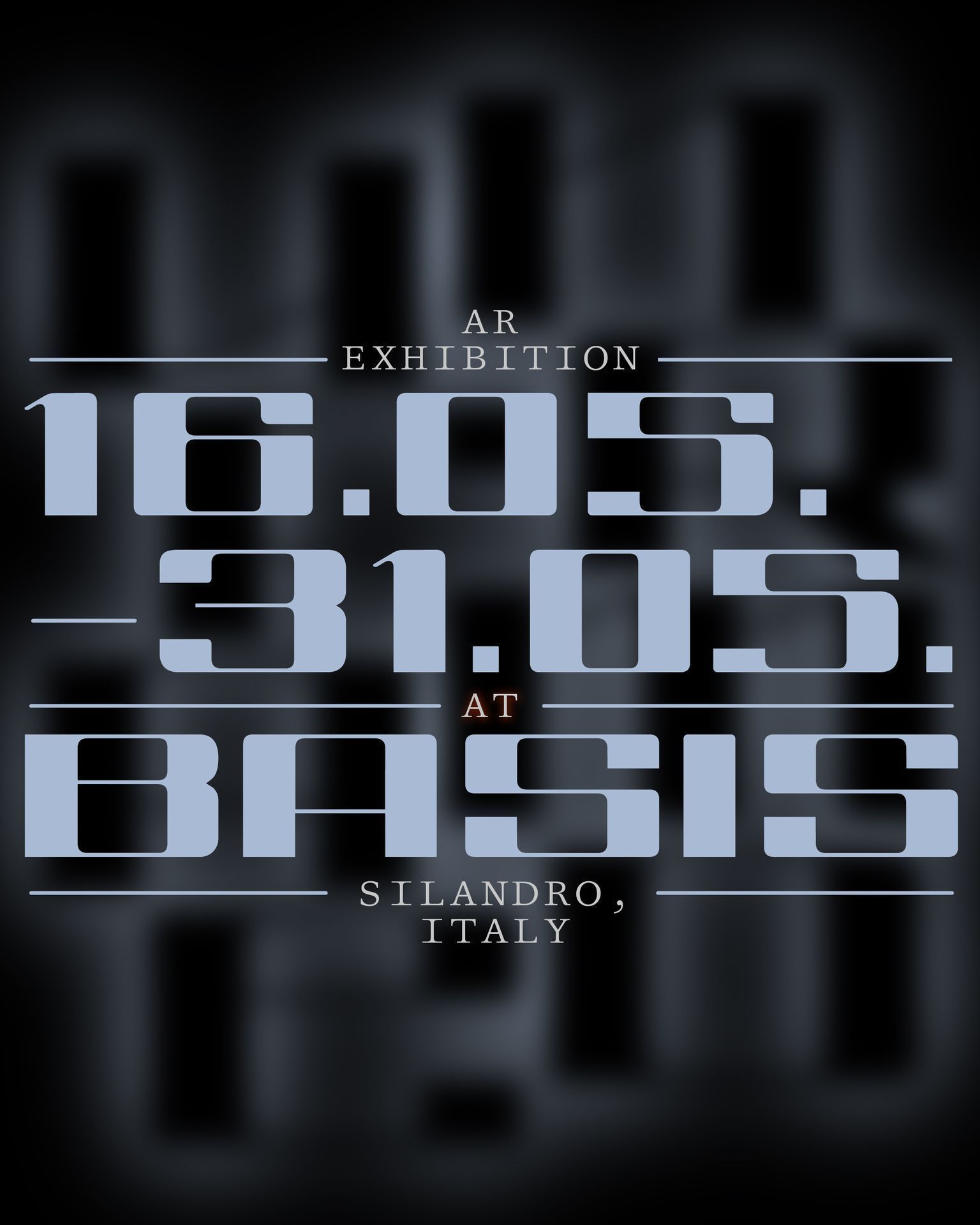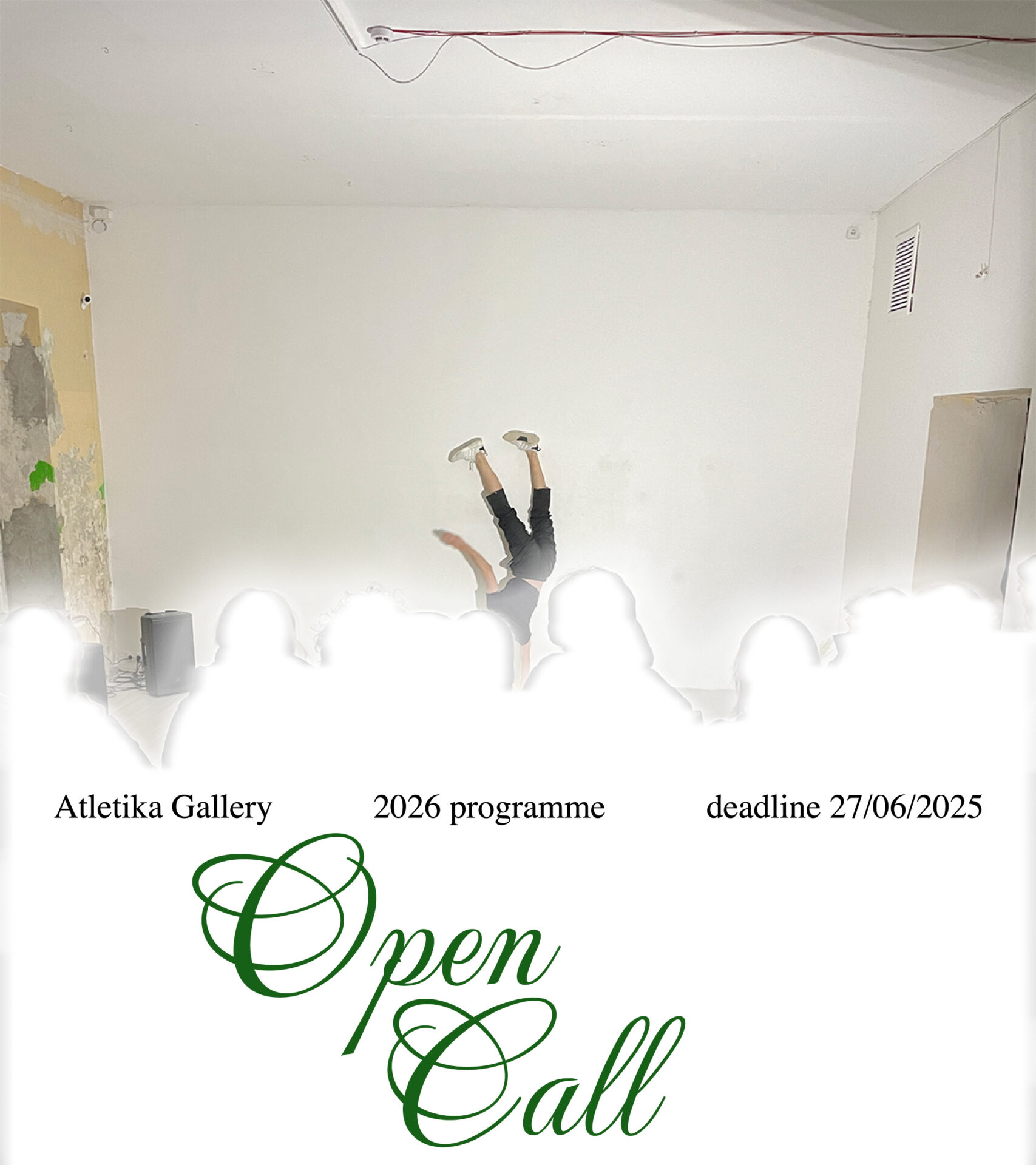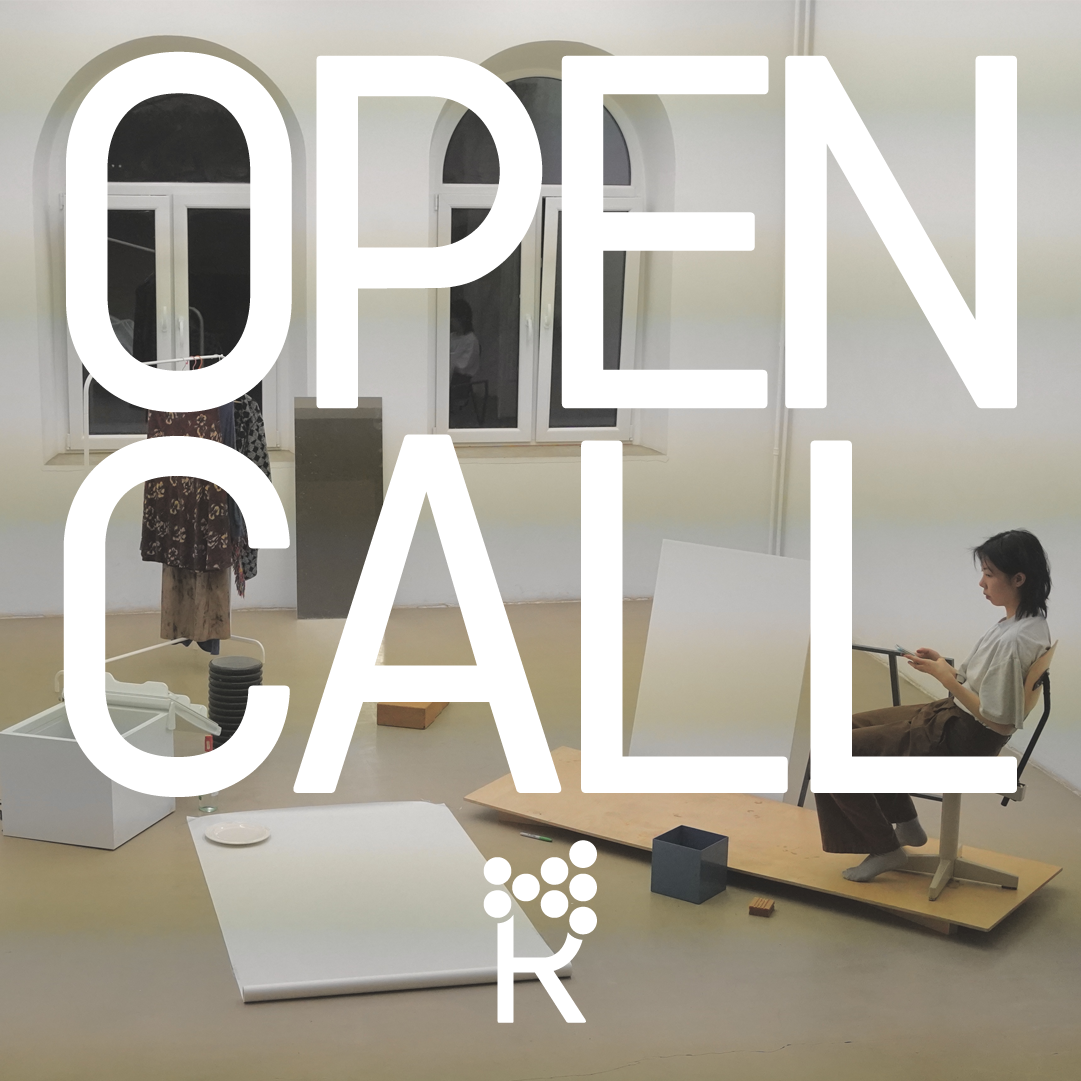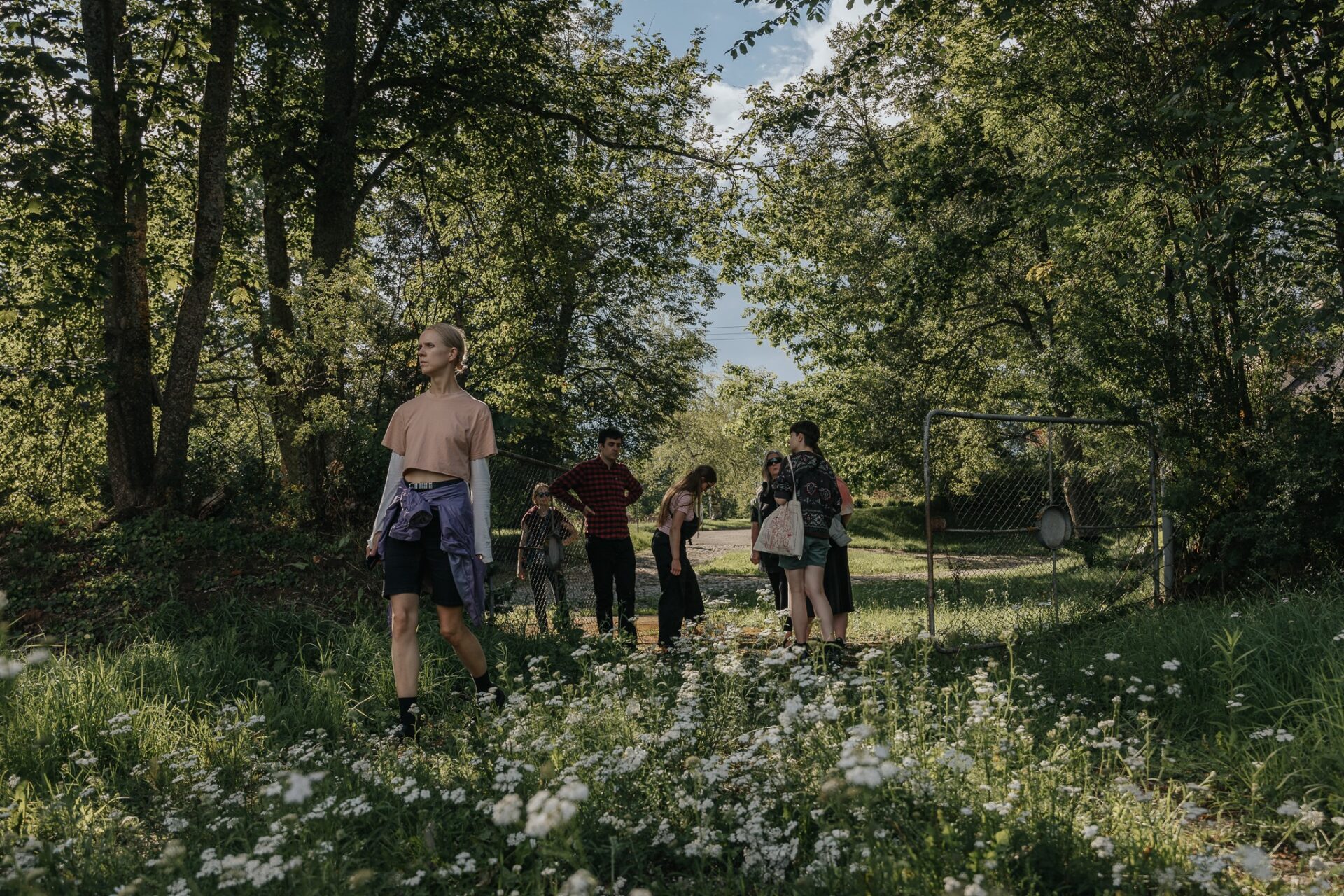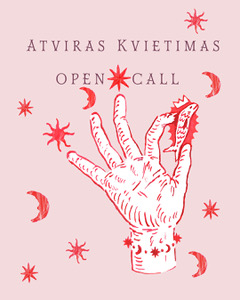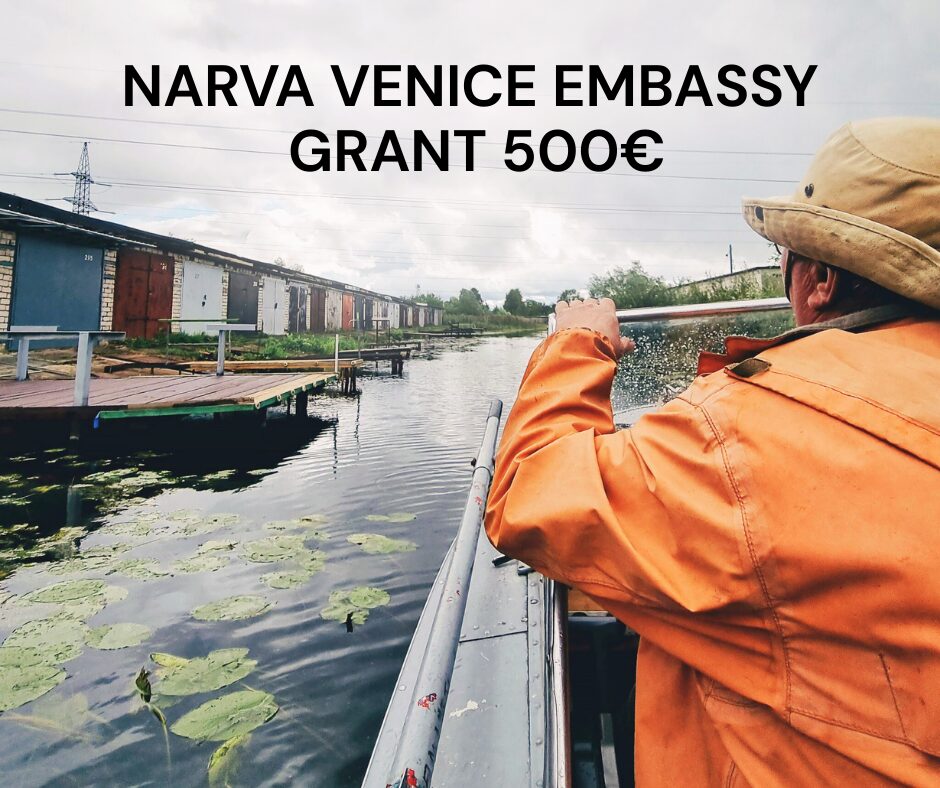Afterthoughts of the two curatorial members Vytautas Michelkevičius and Andrew Gryf Paterson after the end of Inter-PAGAN Network (2017-2018) and Inter-format Symposium on June 20-25th 2018 (full documentation).
Vytautas: Almost a year ago we have had a curatorial biographical conversation about forthcoming symposium. We had some specific and sensitive research questions which were addressed and performed during our critical midsummer celebration like Opening Performance by Obelija and discursive and olfactory performance Fire is Form by Gwenn-Aël Lynn. Let‘s discuss these issues which stayed quite for a while in our minds and extended to other circles.
Andrew, as you are being with multiple identity from lived experience, could you share with us how it was moved or changed after symposium. You have put a lot of energy in bringing people from different contexts together. How can you relate to post-colonialism both in UK/Scotland and Nordic-Baltic countries?
Andrew: The experience of the Inter-Format symposium for me was strongly shaped by that of being a cultural bridge and intermediate, positioned in the cultural bases of the Anglophonic -Nordic group of participants, and as an insider-guest Baltic perspective. It confronted me with my affinities to both the north west and north east side of Europe. Is English language a safe space between these different histories? It is a privilege I am reading and speaking in English ‘natively’, however acknowledging this particular cultural inheritance and bias from UK and Scotland has contributed to, gained from, and suffered within the British colonial enterprise. At the time of writing, this sense is currently warped and twisted with the politics of Brexit, argued to be an English-led crisis of identity in Europe, under the rhetoric of taking back control (from the European Union). Disregard in the current UK Government for differing perspectives in the different British nations suggests that social and political power relationships still exist which are unequal and not equivalent.
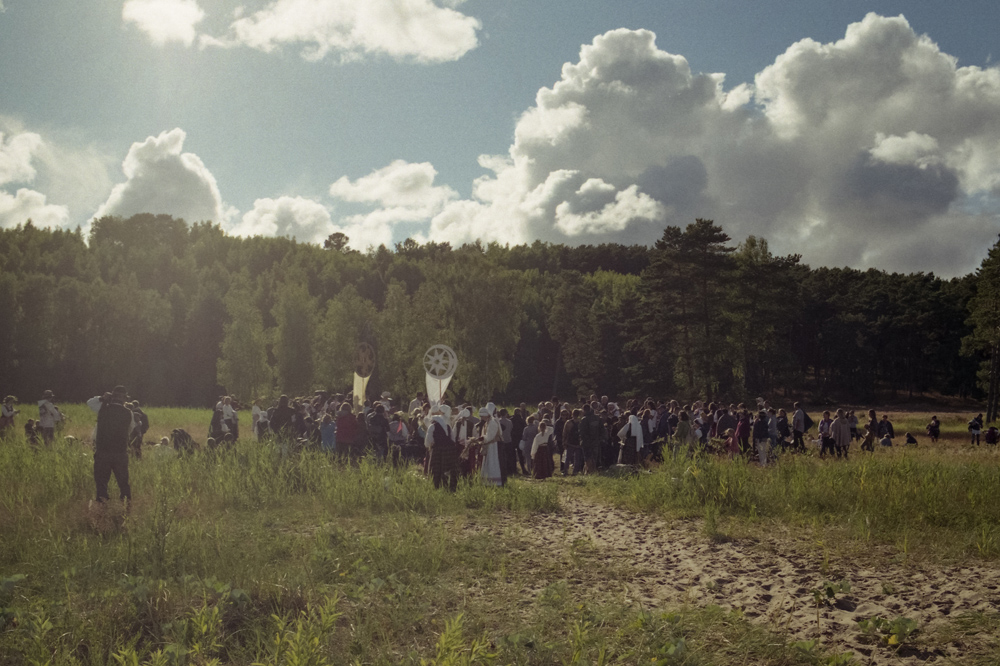
Midsummer festival ritual in local Nida community. Photo: Andrej Vasilenko
For this reason ‘(re)constructed pasts’ and ‘roots’ are keywords or phrases that have some particular personal bite at the moment. To reveal something, a vulnerability, it is a subject that has personally stressed me increasingly this year, creating anxious limbo and depressed thinking patterns among the uncertainty of European residence status. Accordingly, my cultural ‘inbetweenness’ or crafted multiple identity of Baltic-Scot has collapsed in confidence increasingly over the year, not knowing if it will be possible to maintain the working situation. A crisis of nomadism. Invented traditions of familiar, family and homelands are stretched thin under these conditions. What is the consequence or result trans-nationial experience, in the context of Brexit, other than the dread of reductionism, and potential loss of freedom of movement within the European Union? I learn something about the privileges afforded to me from the past.
Admittedly it is harder for me to comment as easily on the post-colonial context of the Nordic-Baltic region, Within our network partners conversations there were interesting comments related to intangible cultural heritage, cultural or political representation, multiculturalism, and transnational connections between Global North and Global South (in case of Finnish paper industry operating in South America). We (curatorial team) were also challenged that we were without a regionally or internationally recognised indigenous cultural voice, for example from Saami or Greenland Inuit position in our conversations. These were important points to reflect upon.
I am aware of the important NIFCA project from 2005-2006 ‘Rethinking Nordic Colonialism’ curated by Kuratorisk Aktion (Frederikke Hansen & Tone Olaf Nielsen), which focused on the Nordic region, and opened up conversations around the topic around narratives hidden, obscured or neglected. How might such a project be extended or considered in the Baltic States? Who are the forgotten people and cultures in the current National memories? Who are the minorities that are not included or forgotten? Within the context of colonial independence from Soviet Union, Symposium presentations by Anders Kruger’s art historical lecture on Finno-Ugric Ethno-futurism, and Jurga Jonutytė’s seminar contribution to on social ecology in 1980s Lithuania, contributed alternative perspectives. There are further historical layers of Danish, German, Swedish, Polish and Russian governance or occupation in the Baltic States which contribute to the understanding colonial power relations of the past, and how they might still exist in other forms.
I agree with the sentiment that post-colonialism as a term may not be particularly accurate, in that colonial conditions still exist in the contemporary world. It is not over yet, especially in economic terms via Corporations which often have national historical connections.
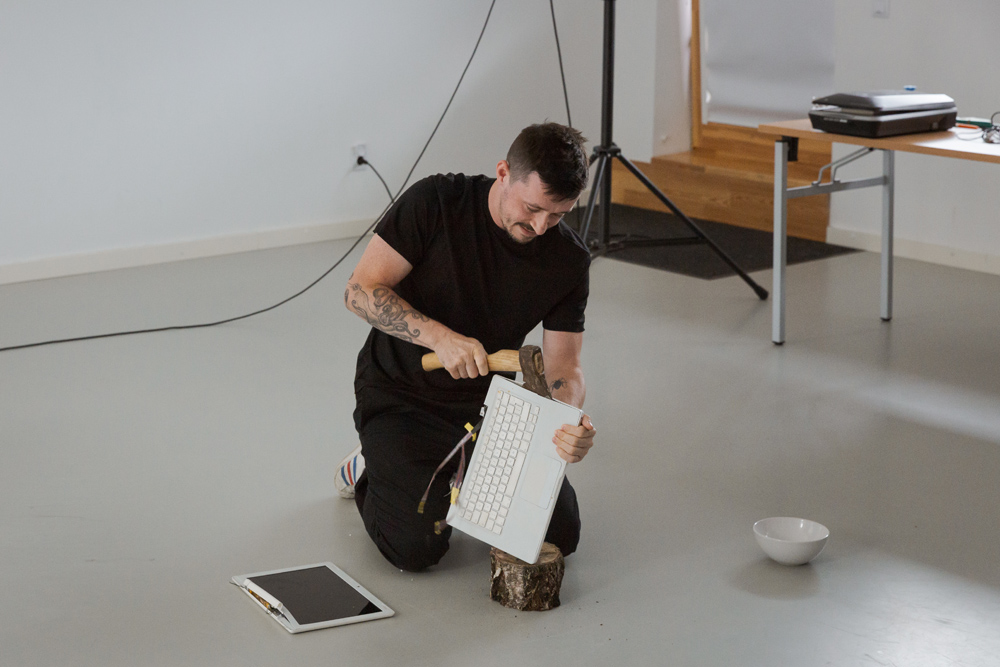
Performative talk Liturgy for Electronic Waste by Adrian Demleitner. Photo: Andrej Vasilenko
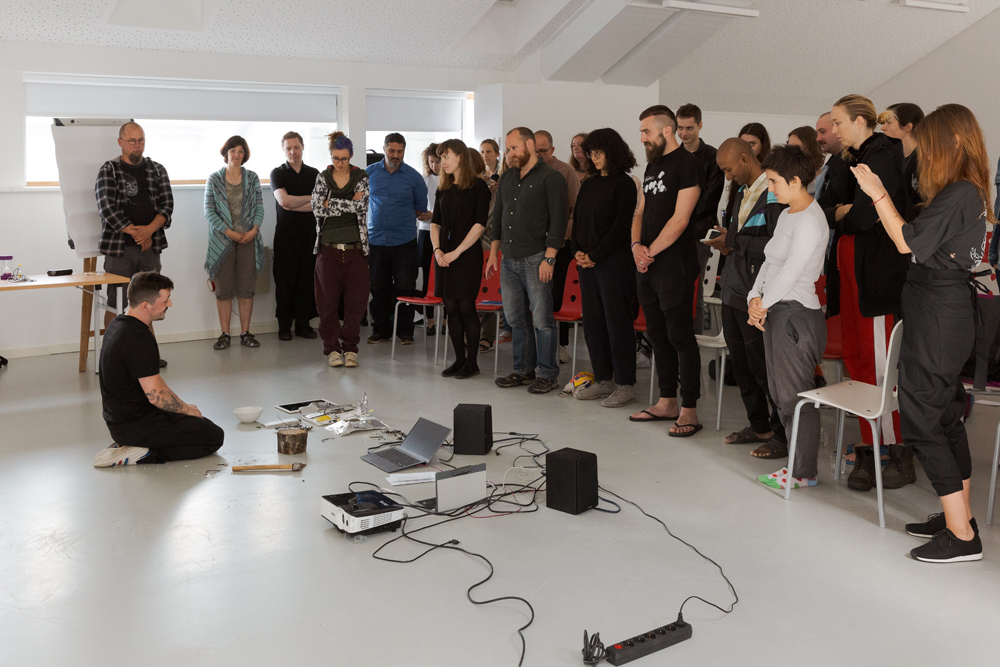
Performative talk Liturgy for Electronic Waste by Adrian Demleitner. Photo: Andrej Vasilenko
Vytautas: I am surprised how powerful were several keywords from our initial list. For example, “roots” and “indigeneity”. However in the end we were left with feeling that some of our keywords and questions were overshadowed by over discussion. Initially I had this question as an inquiry: What similarities and differences do we share in relating to indigenous cultures and natures in the Nordic-Baltic region?
My first guess was that we and our worldviews were closer to each other, however it actually appeared during the symposium that not quite. First of all, we had different concepts of what is indigenous cultures, and some of the participants didn’t want to accept that Baltic tribes and nations were indigenous to the places they live now and they were colonised as well. However I think this happened because of the lack of local knowledge: first they didn’t know the local histories and secondly some of them politicized the concept of “indigeneity” and attributed it only to colonial histories in Americas and Asias.
From ‘Westerner’s position it is dangerous to be traditional, and to refer to your own past and culture when building identity but for the countries which were occupied for centuries it is essential to construct their own identities and there are not so many sources to sculpt them from. I understand it is risky, so as not to navigate towards right-wings nationalism too much, but is crucial to develop a sane approach toward past and move to the future. For example, the Baltic States and Poland are rallying in their free territories almost in ‘teenager’ clothes – starting to build their identities again only since 1990s. What do you think? Do you see any way how can we find a common language?
Andrew: I am not sure why you think it is just a Western concern about being traditional and referring to an uncomplicated or simplified version of the past. Reaching back to only tribal or pre-modern identities ignores the complicity of involvement that people had in the intervening decades, centuries. A common language would be a critical one which looks for the gaps and erased histories, communities and perspectives. This is something that can be shared universally. The lack of knowledge of international guests about the Nordic-Baltic region’s colonial histories is not surprising considering how little is shared about this heritage outside the region. Even the less-well known and short-lived colonies, for example, of the Duchy of Courland in 17th Century in the Caribbean or West Africa are interesting in that they can offer perspective that question presumptions and inherited wealth about colonial exploitation and global trade. Even if they were operated by an aristocratic Baltic German class, within the context of the Polish-Lithuanian Commonwealth, they also brought wealth and resources to the land that later became Latvia.
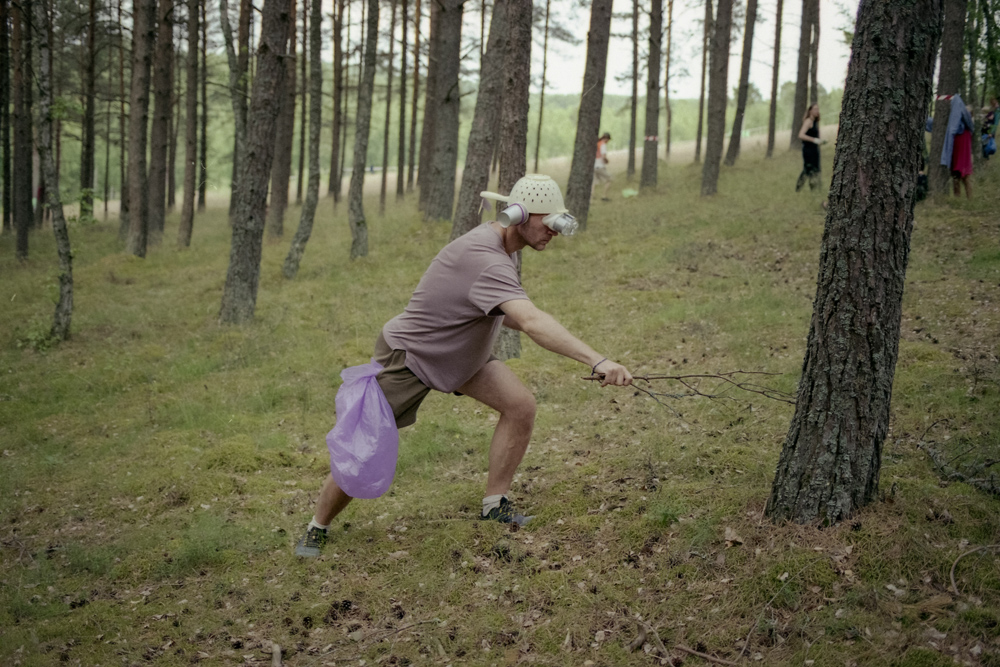
Participatory performance Phytopolitics by Špela Petrič. Photo: Andrej Vasilenko

Participatory performance and discussion Fire is Form by Gwenn-Aël Lynn. Photo: Andrej Vasilenko
Vytautas: One of the reasons is language, I assume. Not a lot was written and communicated westwards and still I think about Baltic region you can find more sources and reflections in Russian and German than English. Your example is interesting but very minor. If we speak about colonial histories, the role of Russian, Prussian (later German), Austro-Hungarian empires should be rediscussed. Very simple example, in the West Nazi symbols are forbidden, whereas USSR not (yet). This shows a lot until very recent manifestations in popular culture as well (like Adidas T-shirts with red symbols).
Referring to our previous discussions about differences between UK (and your homeland Scotland) and Baltic countries (and in some cases Finland), as well your experiences with Herbologies project both in Latvia and Finland, we have discovered that there are different relationships to the land, past and traditional knowledges. For example foraging and healing with traditional herbs and sauna rituals are almost extinct in UK probably because of “successful” modernisation and industrialisation.
Do you think it was in play when misunderstandings and miscommunications between different groups happened? I assume this might have been also one of the reasons for different interpretations of indigeneity?
Andrew: The dislocation to land and traditional knowledge, with your referencing of how people might collect wild plants and use them, is not just about early historical cycles of modernism and industrialisation, including the movement of people to the cities, but also a consequence of internal state power relationships, exploitation and displacement of peasantry living from the land, enclosure of the commons, consolidation of land rights and ownership within the British Isles. The land has been intensively industrialised, resulting in little biodiversity or wild meadows or forests. It is only in recent decades, that scholars, commons researchers, lawyers and land activists have raised awareness of this history. In Scotland, the research writing of Andy Wightman is a prominent example.
While there have been different waves of interest in ecology and relationships to a traditional culture connected to local environments in the 20th Century in the British Isles, and I have found there is a difference in the North Eastern European nations such as the Baltic States. In Finland, Latvia, Estonia, etc. societies have transformed rapidly from agricultural to majority urban society within a couple of generations. The knowledge that people have combined with access to the countryside, emphasised by those agrarian societies also being elevated from serfdom and peasantry into national cultural heritage, has meant that this knowledge has been promoted more. Within the Herbologies project research, we found that people maintained or passed on traditional plant knowledge out of practical interest, self-determined well-being and health care, but also necessity. Some of that necessity formed during the Soviet period, and sometimes afterwards with rapid capitalism and increased costs of medicine.
The distance that some people might have from their homeland, from working on the land, from being able to name the landscape, knowing and foraging local plants, are arguably factors of reference in claiming indigeneity. However, was it a factor in misunderstandings? I am not convinced. As far as I understand, there are different interpretations of indigeneity, of what classifies belonging, knowing, stewarding (caring for) a particular locality, place, geography over a longer or shorter period of time. How far back historically is it important to reference continuous practice? What has been revived or invented along the way? We should be honest and critical, but also examine who holds the power to say so. Recognising this is an important factor.
Vytautas: These things also relate to my initial question “How do local cultural and belief traditions inspire/limit both political imagination and new nationalism?” During the symposium and post-symposium discussions we have tried to differentiate “good” and “bad” or “healthy” and “dangerous” nationalisms. It turned out, not only for me, but also for other co-curators (Jurij Dobriakov and Jogintė Bučinskaitė) that the presentations and positions we included in the symposium as examples of healthy nationalism were treated as dangerous ones by some of the guests. So tolerance and standpoint are very different. We were thinking what would have happened if really right-wing nationalists would have been invited/accepted to the symposium? Actually, we had a big pressure from them (personally and via open call) to participate, because they felt very knowledgeable and proud of their positions in the framework of our keywords and questions. To cut the long story short, for new, fragile and developing democracies a healthy portion of local traditions and narratives are essential to construct their identities. Of course, localism is blended with globalism, and in the end we have very interesting cocktail. Any comments on this from your position?

Participatory performance Ecosexual Beat by Pony Express. Photo: Andrej Vasilenko
Andrew: I am aware of distinctions of civic and ethnic nationalisms, the former being supposedly good in comparison to the later, bad. I am also glad that there was an important recognition of who was not invited or welcome. However, I don’t think there was enough discussion about this topic in the symposium, and I am sure that not many of the partners or symposium invited guests were aware of this factor or pressure from the local Lithuanian context in the background. Historically and in contemporary populist politics, there are close and explicitly expressed relations between the right-wing and nationalism, referencing local heritage, as we are aware. A local and globalist mix which is explicitly not this would include a wide range of contributions from the various minorities within those democracies, as part of civic inclusiveness. How do you consider this in your curatorial roles, now or in the future?
Vytautas: To my mind my curatorial practice is based on civic inclusiveness and I don’t make distinction if I do a project with Lithuanian artist who is ethnic Lithuanian, Polish or Russian. I also think that the neglect of the so-called Global East in the tensions between Global North and South also has done its job in the symposium. We could easily feel it in between our guests from UK, USA, Australia, and us from Baltic-Polish realm.
The post-symposium grief like mood allowed me to look for reflections on this unfair situation and enabled me to find some relevant writings. As Martin Muller points out “The demise of the Second World’s political project – communism – wiped the East off the global map, any distinctiveness of more than 70 years of communist rule erased. The East is too rich to be a proper part of the South, but too poor to be a part of the North. It is too powerful to be periphery, but too weak to be the centre. Power relationships run every which way. The East includes both colonizers and colonies, aggressors and victims; some countries were both at the same time (Tlostanova 2008). <…> In the global circulation of signs, the East is not nearly as legible as the Global South, where colonialism has created shared languages, institutions, knowledge systems and social bonds. Uganda is more easily knowable in the global centres of media and scholarship than Ukraine, Chile more familiar than Czechia, Laos closer than Latvia. Vargas Llosa, García Márquez and Coetzee have a ring of instant recognition, whereas Aleksievich, Müller, Szymborska sound outlandish. All six are recent laureates of the Nobel Prize in Literature[i]”.
I am insider of the Global East, whereas you are more from Global North with some eastward deviations. Do you think this concept is productive and in what ways?
Andrew: I feel uncomfortable with making distinctions and emphasising differences in-between international guests and the ‘Global East’. I can appreciate and understand you associating with this term, and it is a useful conceptualization for geopolitical generalizations. It is also for each to decide for themselves where they identify, and how many layers to wear. As I have tried to write above the so-called Global North also includes those who have been both colonizers and colonies, aggressors and victims, and not always is it acknowledged, or it is part of hidden histories. I appreciate the Global East does too. Each combines personal and global political identity terms, which are more complicated than simple categorization.
Vytautas: I don’t see a problem to mix personal and global identities since we are working in culture and not in scholarship (research) and our personal aspirations are melting in global flows. I certainly have learned something for the future. What can we share with the others? I became aware of very important insight that there is still quite a big gap between “former West and former East” despite 30 years of integration. Some of the things and trauma needs more time to be solved, and more mutual involvement.
Andrew: Our conversation connects to complex subjects – post-colonialization, or nationalism that are large political subjects, and how they can manifest at the personal level. In addition we learned related concerns: Unease with the particularities of context and contentious issues, questions such as who gets to claim indigeneity, how are rituals and symbols mediated and shared without appropriate context, what spaces are safe to share in or not, who is given a voice or not, who holds power and feel oppressed, in what way is language both an enabler of exchange, and also one’s confinement or limitation for understanding.
We also need to keep attention on how politics, nationalism and the far right has been involved in historically and contemporary utilization of cultural heritage traditions and how they inter-relate. And keep asking the questions: Do our practices and event actively challenge this? Do we in our cultural organisational work create spaces for fostering alternatives?
Vytautas: I am sure these topics referred to above will reoccur in our future conversations and activities because some of them really need time to be answered. Luckily we were aware with the problems from far right and one of goals of the symposium was to spread critical awareness of dangers of using traditional culture and beliefs.

The 2086 T. Rudzinskaitė Memorial Amateur Lichenologists Society Annual Field Trip & Picnic by Tessa Zettel & Sumugan Sivanesan. Photo: Andrej Vasilenko
[i] Martin Müller (2018) In Search of the Global East: Thinking between North and South, Geopolitics, DOI: 10.1080/14650045.2018.1477757

